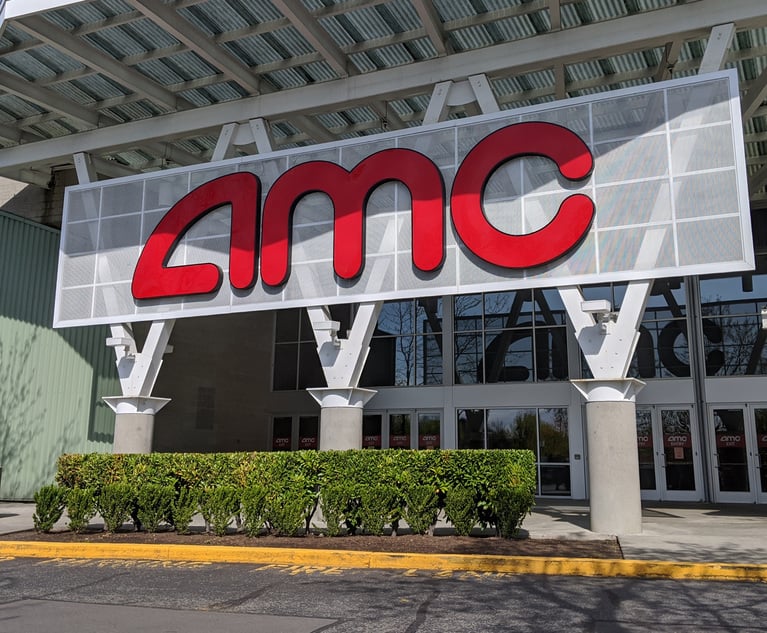The Delaware Supreme Court in a per curiam opinion Tuesday categorically rejected a trial court’s appraisal ruling that valued investors’ shares of Aruba Networks based on the Silicon Valley wireless networking company’s stock price 30 days before its 2015 sale to to The Hewlett-Packard Co. was announced.
The per curium opinion instead looked to the deal price minus synergies in valuing the firm’s shares at $19.10, nearly $2 per share higher than Vice Chancellor J. Travis Laster of the Delaware Court of Chancery found last February.
This content has been archived. It is available through our partners, LexisNexis® and Bloomberg Law.
To view this content, please continue to their sites.
Not a Lexis Subscriber?
Subscribe Now
Not a Bloomberg Law Subscriber?
Subscribe Now
LexisNexis® and Bloomberg Law are third party online distributors of the broad collection of current and archived versions of ALM's legal news publications. LexisNexis® and Bloomberg Law customers are able to access and use ALM's content, including content from the National Law Journal, The American Lawyer, Legaltech News, The New York Law Journal, and Corporate Counsel, as well as other sources of legal information.
For questions call 1-877-256-2472 or contact us at [email protected]


 J. Travis Laster.
J. Travis Laster.





